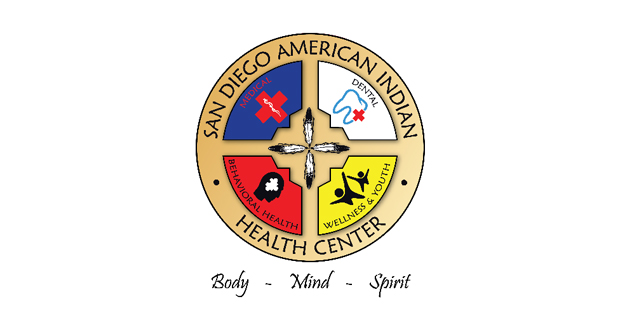San Diego CA— The San Diego American Indian Health Center (SDAIHC) has introduced two high-impact projects within its existing Special Diabetes Program for Indians (SDPI), thanks to increased availability of SDPI funds in 2021. SDAIHC will serve 32 clients with continuous glucose monitoring (CGM), using Abbot Laboratories’ FreeStyle Libre 2 products. Client data will be collected and monitored by the organization’s registered nurse to track these individuals blood glucose levels. The CGM product additionally includes an alarm function that can warn patients that they are out of or straying from their desired blood glucose range.
Additionally, SDAIHC will serve 14 clients (who may or may not overlap with the 32 individuals above) with medically tailored, home-delivered fresh meals prepared by Mama’s Kitchen, a local nonprofit with the mission of improving the health and well-being of individuals and families vulnerable to malnutrition due to critical illness.
Congress established the SDPI grant programs in 1997 in response to the diabetes epidemic among American Indians and Alaska Natives. This $150 million annual grant program, coordinated by IHS Division of Diabetes with guidance from the Tribal Leaders Diabetes Committee, provides funds for diabetes treatment and prevention to IHS, Tribal, and Urban Indian health programs across the United States.
Kevin M. LaChapelle, CEO of the San Diego American Indian Health Center, noted that the National Institute of Diabetes and Digestive and Kidney Disease (NIDDK) Diabetes Prevention Program (DPP) research study showed that a small amount of weight loss, achieved through lifestyle changes, could prevent the onset of type 2 diabetes in diverse populations – including American Indian people. Even more striking, a lifestyle intervention was more effective than medication in preventing or delaying the onset of type 2 diabetes.
“SDAIHC is honored to introduce these two high impact projects and work with Mama’s Kitchen to provide medically-tailored meals,” said LaChapelle. He noted that research has shown that this program helps American Indian/Alaska Native communities manage diabetes has led to a reduction in hospital readmissions and stays, reduction in health care costs, alleviation of barriers to nutrition education and nutritious foods, and improvement of medication adherence.
LaChapelle added, “Diabetes disproportionately targets the American Indian communities.” According to the United States Department of Health and Human Services, American Indian/Alaska Native adults are almost three times more likely than non-Hispanic white adults to be diagnosed with diabetes. In 2018, American Indians/Alaska Natives were 2.3 times more likely than non-Hispanic whites to die from diabetes. In 2017, American Indians/ Alaska Natives were twice as likely to be diagnosed with end stage renal disease than non-Hispanic whites. It’s vital to provide the education and treatment options that these communities need to overcome the challenges of this disease.
San Diego American Indian Health Center Introduces Two New Special Diabetes Programs
October 29, 2021



